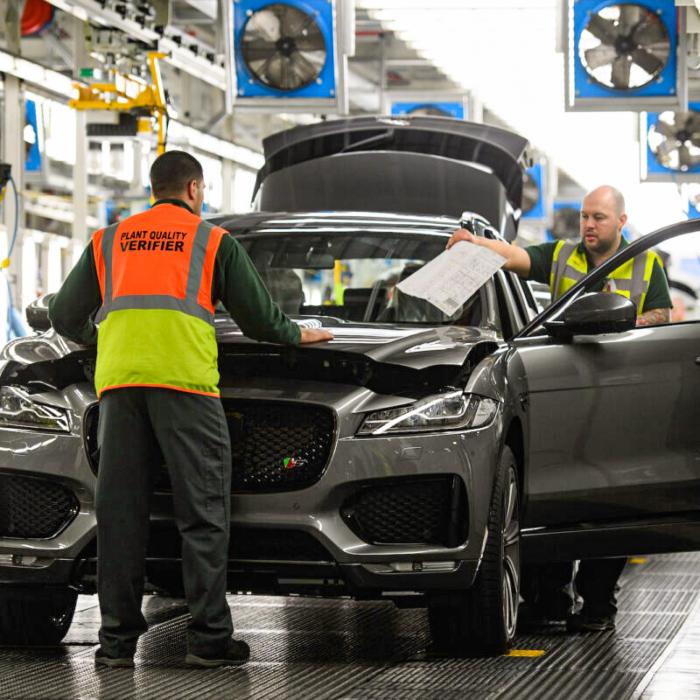A “pre-election seize up” has affected growth across the UK services sector in June, with clients adopting a “wait and see approach,” a survey has found.
The figures for June recorded a 51.2. A reading above 50 indicates that the services economy is generally expanding. While the June reading recorded an eighth consecutive monthly increase in output, the headline index fell from 52.9 in May.
“We are seeing some evidence of a pre-general election seize-up across the UK services economy, with growth in business activity slowing to a seven-month low in June as the prospect of a change in government led to the adoption of a ”wait-and-see” approach by some, restraining sales,” said Joe Hayes, principal economist at S&P Global.
Some companies in services reported dampened output levels due to client hesitancy in the run-up to the general election.
Businesses in June would delay signing off on new projects and the rate of new business growth was modest and the weakest in seven months, the survey found.
Growth and Optimism
Survey respondents also noted a greater restraint when it came to hiring, compared to May. The rate of employment growth slowed down as was only marginal, the data has found.“Nevertheless, we’re on track for another quarter of GDP growth, according to Composite PMI data for the three months to June, albeit one that will be less punchy than the first quarter’s 0.7 percent,” said Mr. Hayes.
UK service providers remain optimistic, with almost half of the respondents (48 percent) predicting growth in 12 months.
Costs and Price Changes
The cost pressures for companies in the services industry continued to cool in June, remaining elevated overall.Input costs rose at the slowest rate since February 2021. In June, businesses charged for their services at a slightly stronger rate, which was considerably stronger than seen on average since the survey began in 1996.
“Prices still continue to show a high degree of stickiness across the UK service sector, although input cost inflation once again trended lower in June. The direction of travel here is encouraging for the Bank of England, but our survey’s gauge of prices charged actually rose on the month as some companies noted their pricing power was strong enough to raise their fees,” said Mr. Hayes.
The BoE is expected to lower the interest rates, currently at 5.25 percent, by 0.25 percentage points in August. However, the bank said that in order to continue easing the rate, it needs to see evidence of stably lowering inflation.
The economic recovery has been sluggish since the end of last year, when the economy entered a technical recession. Mr. Taylor said that economic recovery could motivate more companies to raise their prices.
Elsewhere, the survey recorded a slight pick-up in sales growth from non-domestic customers. Respondents reported new business wins secured from clients in North America and Europe.
Businesses also reported having to pay more for shipping and raw materials.
In the past several years, UK businesses have been affected by disruptions to global supply chains and market instability, as a result of the conflicts in Ukraine and the Middle East, the COVID-19 pandemic, increased tension in the Taiwan Strait and South China Sea, and the attacks in the Red Sea and Gulf of Aden.






